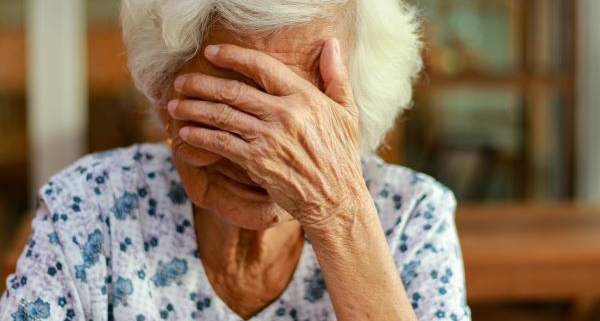Elder Abuse Prevention
In a perfect world we could believe that our elderly loved ones aren’t being intentionally harmed. However, the truth is that senior citizens are one of the most vulnerable populations when it comes to abuse. The National Council on Aging reports that one in ten American seniors (60+) have fallen victim to elder abuse. It is also estimated that only one of every twenty-four abuse cases is reported. This suggests that as many as five million elders are abused every year.
Elder Abuse Defined
The Centers for Disease Control defines elder abuse as “an intentional act or failure to act that causes or creates risk or harm to an older adult. An older adult is someone age 60 or older.” While abuse can vary greatly, there are five different types of abuse:
- Physical abuse is the intentional injury to or harm to another. It can result from kicking, hitting, grabbing, pushing, biting, pinching, or any forceful action.
- Neglect occurs when the basic needs of a person are not being met. This includes personal care, medical, nutritional, hygiene, and housing. It can be classified as unintentional or intentional abuse.
- Psychological or emotional abuse can be characterized by verbal or nonverbal behavior that caused distress, fear, psychological suffering, or mental anguish. This type of abuse can include manipulation, threatening behavior, humiliation, intimidation, harassment, shaming, criticism, isolation, exploitation, or power dynamics.
- Sexual abuse is the act of any forced, non-consensual, or unwanted sexual contact, interaction attention, or exploitation. This abuse can take many forms. For example, it may include non-consensual touching, exposing the elder, intercourse, exposing oneself to the elder, verbal obscenities, and sexual advances.
- Financial abuse takes place when someone, usually a caregiver or trusted individual, illegally or improperly takes advantage of a senior’s money, benefits, belongings, property, or assets for the benefit of someone other than the elder. This type of abuse can include identification theft, stealing money from bank accounts, fraud, incorrect billing of services, and selling off assets.
The Elder Abuse Prevention and Prosecution Act
To fight the growing elder abuse epidemic, the Elder Abuse and Prosecution Act was signed into law on October 18, 2017, by President Donald Trump. This act enhances the government’s focus on elder abuse prevention by utilizing a multi-faceted approach to protecting elders by punishing perpetrators.
The goals of the Elder Abuse and Prosecution Act (EAPPA) are as follows.
- Improve local, state, and federal data collection on elder abuse.
- Support and improve the prosecution of elder abuse.
- Improve elder abuse technical assistance and training for law enforcement.
- Improve provided victim assistance programs and resources.
- Increase penalties for perpetrators of email and telemarketing scams targeting elders.
Elder Abuse Prevention Components
EAPPA proposes five main changes to protect the elderly from this abuse include:
- The Department of Justice is required to designate Elder Justice coordinators. These coordinators are responsible for serving as legal counsel, assisting with the prosecution, and increasing public awareness.
- The Attorney General and FBI coordinate elder abuse crime training programs for current and upcoming FBI agents.
- It is the Attorney General’s responsibility to coordinate with all law enforcement divisions to establish the best data collection practices. They are also responsible for establishing a group that shares all relevant information for prosecuting and uncovering elder abuse cases.
- The Director of the Office for Victims of Crime is required to utilize the data to present an annual report to Congress with an analysis of elder abuse. This will include recommendations on how to improve current services for elder abuse victims.
- The federal criminal code expanded to include fraudulent attempts to induce participation in a business opportunity, commitment to a loan, or investment for profit through email or telemarketing.
The elder abuse epidemic is a significant issue in America, and our country was long overdue for help from Congress. However, seeing laws like EAPAA pass over the last few years provides hope that our country will eventually see an end to this epidemic that affects our beloved elders. For more information on elder abuse laws, please contact our Ruston, LA office by calling us at (318) 255-1760.

